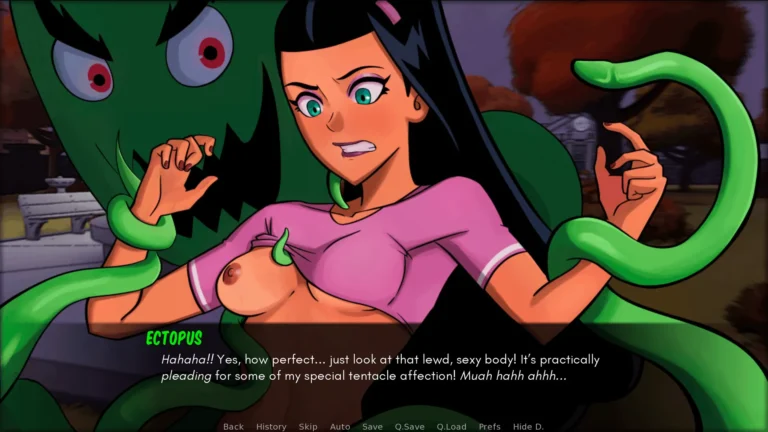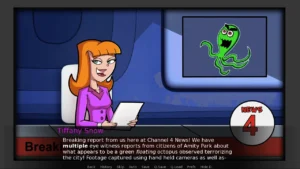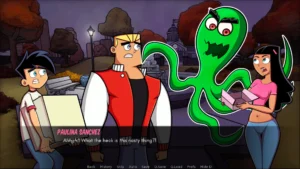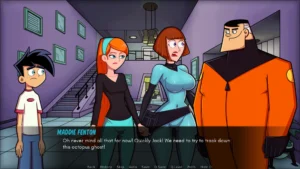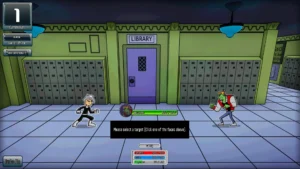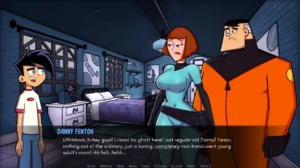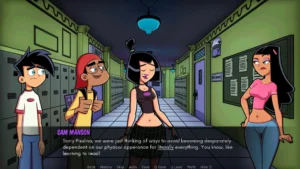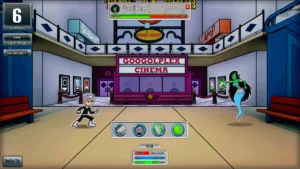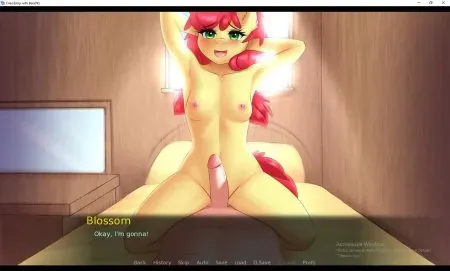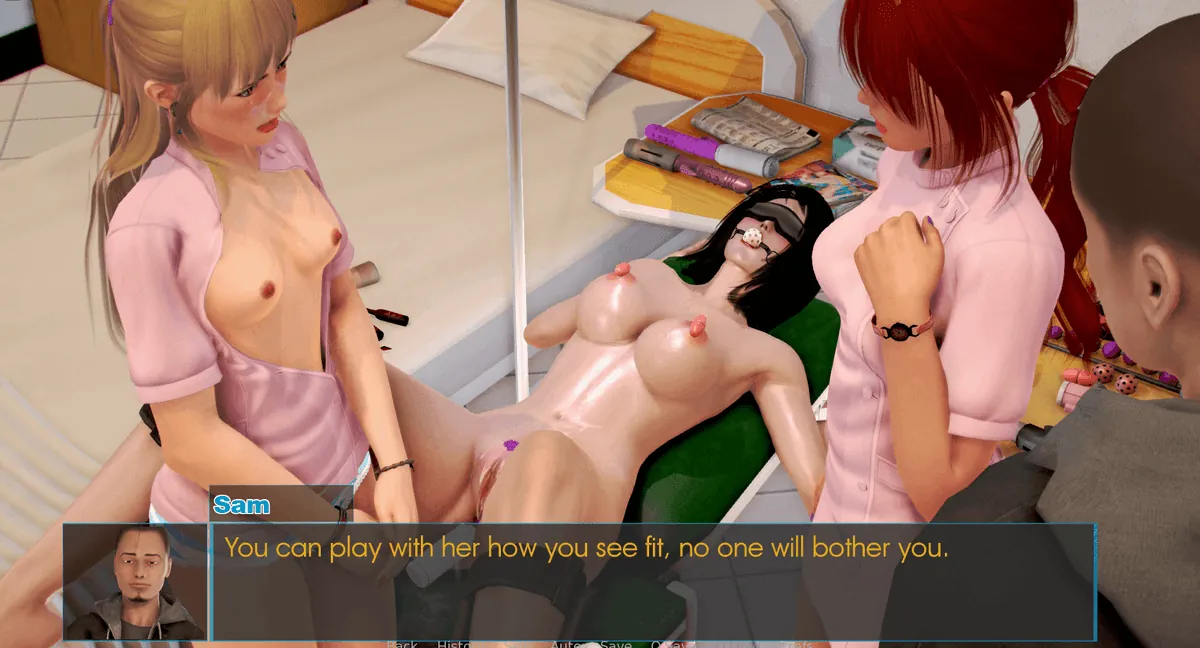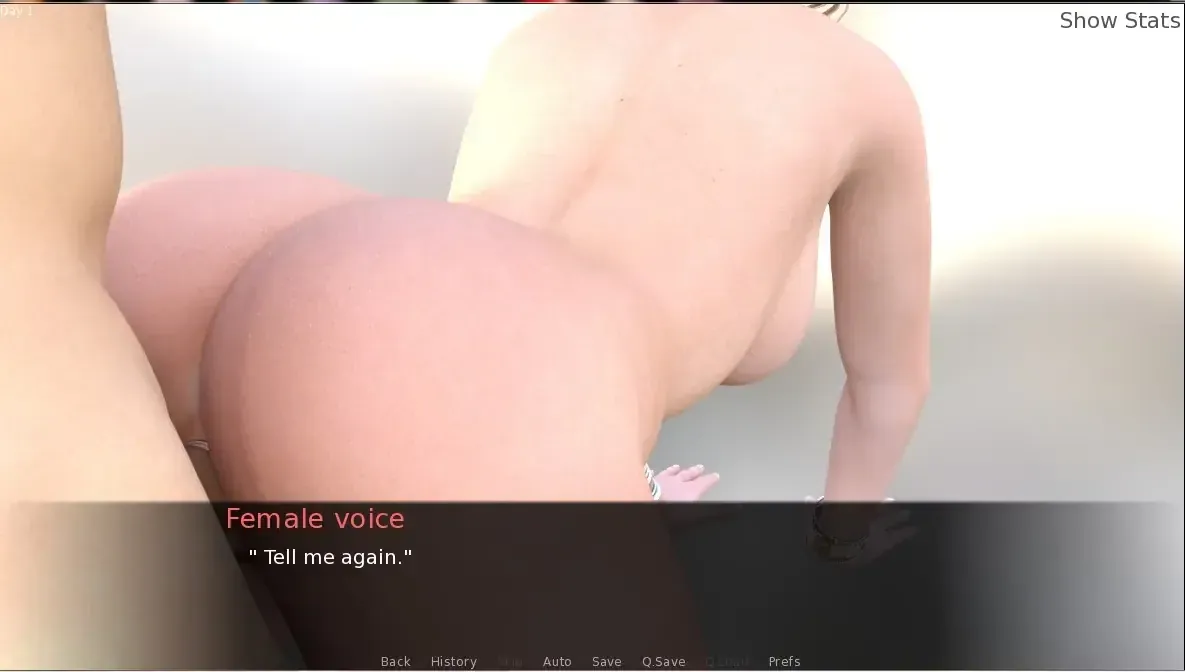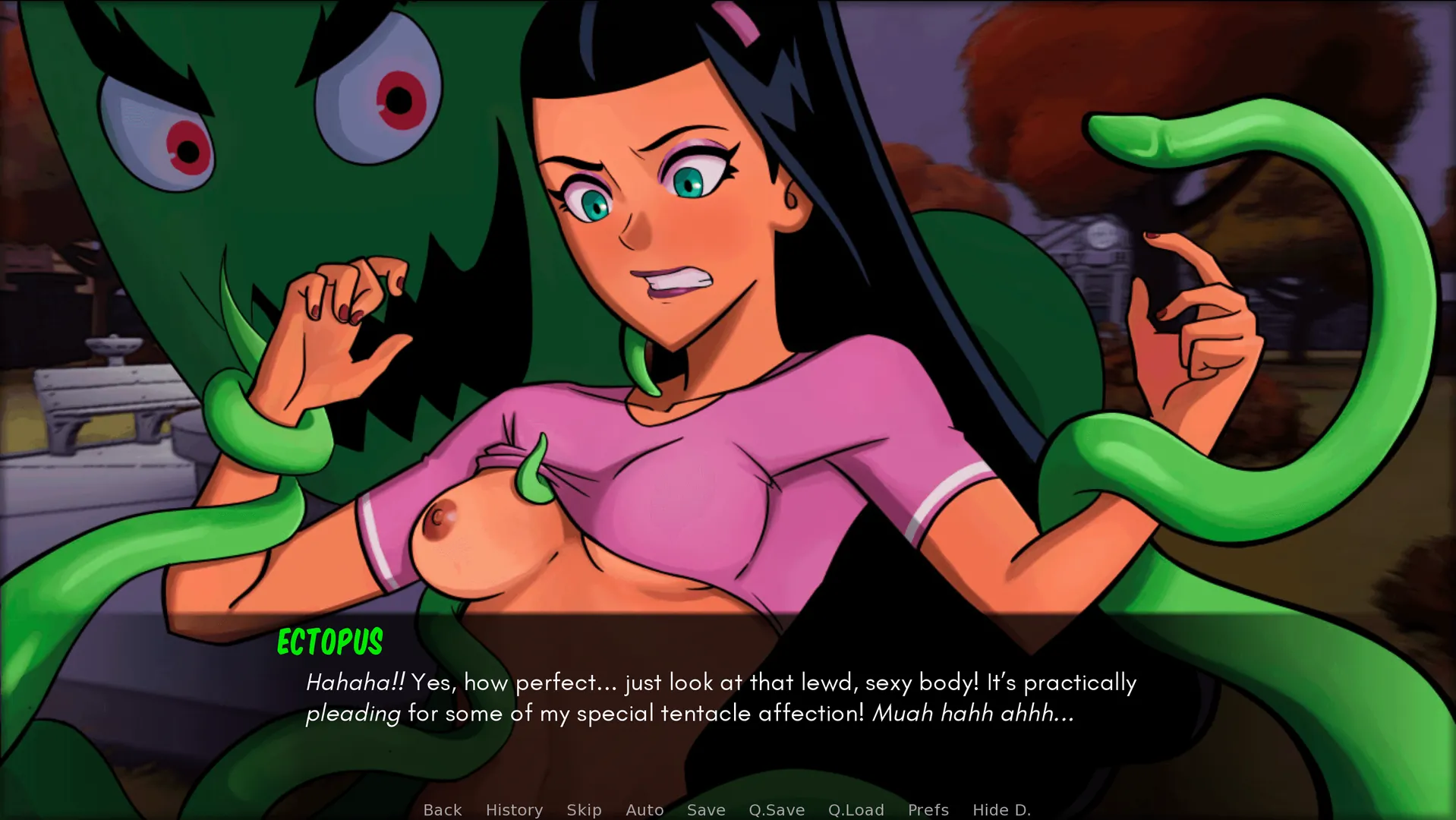
Amity Park
Play Amity Park
Amity Park review
Exploring the Gameplay, Features, and Community Impact
Amity Park has become a lightning rod in interactive entertainment, blending supernatural storytelling with mature themes. While initially controversial, this narrative-driven experience has cultivated a dedicated fanbase through its unique character development and player-driven choices. In this deep dive, we’ll explore the game’s creative vision, examine its gameplay systems, and analyze why it continues to spark conversations about digital storytelling boundaries.
The Making of a Modern Controversy
From Concept to Cultural Phenomenon 🎮✨
Let’s rewind to 2018, when a small indie studio—let’s call them Phantom Pixel—scribbled the first sketches of Amity Park on a coffee-stained notebook. Their goal? To create a player-driven narrative where choices actually mattered. But here’s the kicker: they wanted to tackle mature themes without relying on cheap shock value. Think Life is Strange meets Euphoria, but with ghosts. Literally. 👻
The team’s lead writer, Mia (name changed for privacy), once told me, “We were fed up with games that treated romance like a checkbox. Amity Park had to feel messy, human—even when you’re dating a specter.” Early prototypes leaned hard into interactive narrative systems, letting players shape relationships through dialogue, moral compromises, and even supernatural pacts. But coding branching paths? That’s where things got spicy.
Amity Park development history is riddled with “why did we think this was a good idea?” moments. One programmer spent three months building a system where NPCs remember every slight—only to realize it made the game unplayably bitter. (RIP, Karen the Eternal Grudge-Holder.) Another hurdle? Balancing player choice mechanics with coherent storytelling. Too much freedom, and the plot collapsed; too little, and players revolted. It’s like herding cats with laser pointers. 🐱🔫
By 2021, a playable demo went viral on Reddit, racking up 500k downloads in a week. Suddenly, Amity Park wasn’t just a game—it was a debate. Critics called it “boundary-pushing”; concerned parents called it “totally rubbish.” But the team doubled down, using early feedback to refine their vision.
Design Challenges in Mature Storytelling 🔥📖
Creating an adult game that’s about adults—not just for adults—is like walking a tightrope in a hurricane. How do you handle themes like loss, identity, and intimacy without veering into exploitation? Phantom Pixel’s answer: interactive narrative systems that reward empathy over objectification.
Take the “Haunted Heart” storyline. Players navigate a relationship with a ghost grappling with unresolved trauma. Every dialogue choice affects their partner’s “echo state”—a mechanic blending emotional vulnerability with supernatural consequences. Want to ghost your ghost? Go ahead, but don’t expect a peaceful afterlife. 💔
Adult game design challenges hit hard during playtesting. Early versions let players manipulate characters’ memories, but testers felt icky “rewriting” consent. The solution? A “karma ledger” tracking ethical decisions, visible only in New Game+. Now, questionable choices haunt you instead of the NPCs.
Then there’s the tech side. Building player choice mechanics that feel impactful required a custom engine dubbed FateWeaver. It tracks over 1,200 variables—from which cat you pet in Chapter 2 to whether you lied about liking jazz. (Spoiler: Jazz lies have consequences.)
But here’s the kicker: Phantom Pixel refused to monetize romance options. No “pay $4.99 to unlock this character’s backstory.” Instead, they leaned into Patreon-exclusive behind-the-scenes content. The result? A 300% surge in community-funded updates. 💸
| Date | Update | Key Features Added |
|---|---|---|
| Oct 2022 | “Echoes of You” | Multi-endings, memory-altering mechanic |
| Mar 2023 | “Spectral Voices” | NPC memory system, expanded dialogue trees |
| Aug 2023 | “Karma’s Shadow” | Ethical choice tracker, New Game+ mode |
Launch Reception and Player Feedback 🌟🗣️
When Amity Park dropped in late 2023, it crashed Steam’s servers for 37 minutes. Not bad for a game where you can romance a poltergeist. But fame came with fireworks.
The game controversy analysis writes itself. Religious groups boycotted it; queer communities praised its representation. One viral Tweet read: “Amity Park made me cry over a pixelated ghost—am I okay??” Meanwhile, forums erupted over whether a certain ending “counted” as cheating. (Spoiler: If your partner’s a wraith, rules are fuzzy.)
Player demographics shocked everyone:
- 58% female/non-binary players
- 42% aged 25-34
- 73% replaying for alternate choices
Player choice mechanics became a cultural litmus test. Reddit threads dissected “good” vs. “ethical” playthroughs, while fanfic writers went feral over side characters. The devs leaned in, hiring a full-time community manager to surf the chaos.
Post-launch, updates focused on interactive narrative systems tweaks. The “Dialogue Depth” patch added real-time consequences—ignore a friend’s text, and they’ll confront you at the worst moment. (RIP, surprise ghost invasions during heartfelt talks.)
But let’s get real: No one predicted the modding community’s obsession with turning Amity Park into a gardening sim. Phantom Pixel’s response? “You do you—just credit us when your tulips fall for a zombie.” 🌷🧟
So… Was It Worth the Drama? 💥
Amity Park development history proves one thing: Gamers crave messy, meaningful stories. It’s not about shock value—it’s about player choice mechanics that reflect real-life complexity. Sure, coding 27 versions of a breakup scene is like taking a tank to kill a fly… but when players say, “This game gets me,” the chaos pays off.
Want to try it? Skip the walkthroughs. Embrace the cringe. And maybe keep tissues handy—ghosts aren’t the only ones who cry. 👻💧
Amity Park continues to challenge conventional gaming norms through its ambitious blend of mature storytelling and player agency. While not without controversy, its technical achievements in interactive narrative and dedicated community support suggest lasting influence on digital storytelling. As the developers expand the game’s universe, players remain curious to see how boundaries between creative expression and content moderation will evolve. What’s your take on this evolving genre? Share your thoughts in the comments below.
